A bit of alone time can be helpful, but it’s definitely possible to have too much of a good thing.
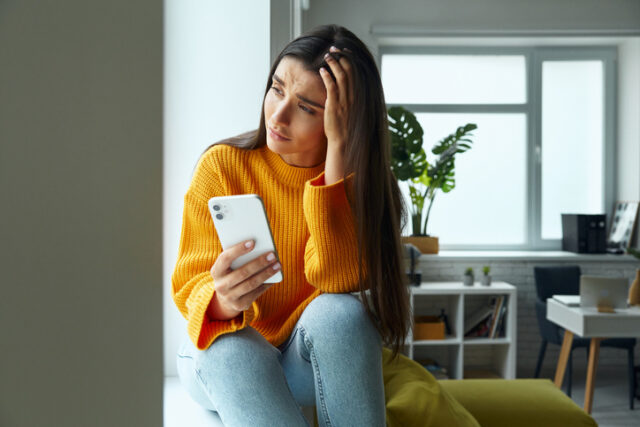
After a while, enjoying your own company can turn into isolation, and that’s when things get ugly. If you do these things regularly, you’re slowly but surely disconnecting yourself from the world. I’ll also give you a few ways to plug back in for your own good!
1. You’re constantly turning down social invites.
 Source: Unsplash
Source: Unsplash If you automatically say “no” to social invitations without even considering them, it might be a sign you’re isolating yourself. Try challenging yourself to say “yes” to at least one invitation a week, even if it’s just for a quick coffee. Start small and gradually increase your social engagements. Remember, you can always leave early if you feel overwhelmed.
2. You’ve lost interest in hobbies you once enjoyed.

Not caring about stuff you used to really love can be both a sign of isolation and depression. Make an effort to revisit old hobbies or try some new ones. Consider joining a club or group related to your interests, which can provide a low-pressure way to find other people who share your passions. It’s a win-win!
3. You’re spending excessive time on screens.
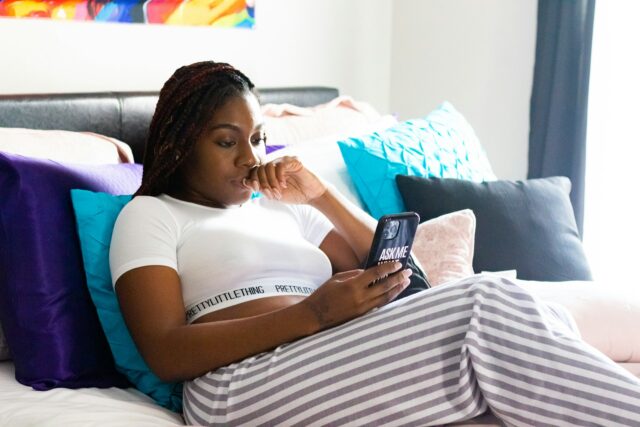 Source: Unsplash
Source: Unsplash While technology can keep us connected, it can also be a form of escape. If you’re spending hours scrolling through social media or binge-watching shows instead of interacting with people, it might be time to reassess. Set limits on your screen time and replace some of it with in-person activities. Even a short walk in the park can help you feel more connected to the world around you.
4. You’re avoiding phone calls and messages.
 Source: Unsplash
Source: Unsplash Letting calls go to voicemail and leaving messages unanswered for days are clear signs of isolation. Start by responding to one message or call a day. If phone calls feel overwhelming, start with text messages or emails. Gradually work your way up to more direct forms of communication. Small, consistent effort can make a big difference.
5. You’re neglecting your personal appearance.

When we isolate ourselves, we might stop caring about how we look. If you’ve noticed you’re not showering regularly or wearing the same clothes for days, it’s time to take action. Set a routine for personal grooming. Something as simple as putting on fresh clothes or styling your hair can boost your mood and make you feel more prepared to face the world.
6. Your sleep patterns have become erratic.
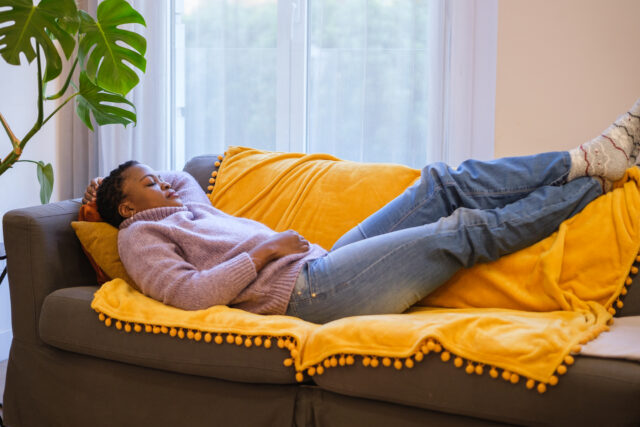
Isolation often disrupts our normal routines, including sleep. If you stay up all night and sleep during the day, or you experience insomnia, it’s a warning sign. Try to find a consistent sleep schedule. Go to bed and wake up at the same time each day, even on weekends. This can help regulate your body clock and improve your overall mood.
7. You’re relying on unhealthy coping mechanisms.
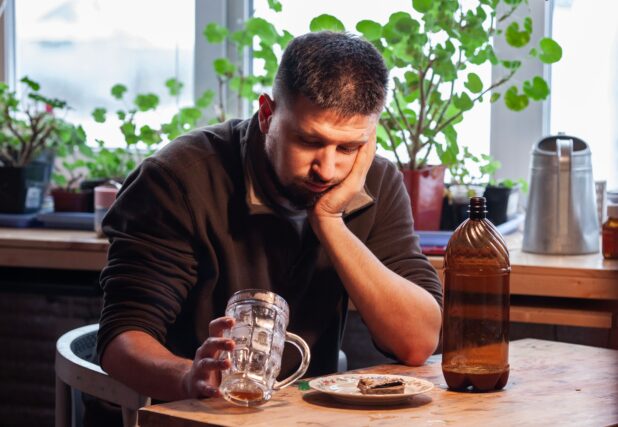
Turning to alcohol, overeating, or other unhealthy behaviours to cope with loneliness is a red flag. If you notice this pattern, it’s important to address it. Consider reaching out to a therapist or support group. Replace these behaviours with healthier coping strategies like exercise, meditation, or creative activities. And remember, it’s okay to ask for help when you’re struggling.
8. You’re avoiding public spaces.

If the thought of going to the supermarket or a café fills you with dread, you might be isolating yourself (and experiencing social anxiety/agoraphobia). Start small by setting a goal to leave your house once a day, even if it’s just to walk around the block. Gradually increase the duration and frequency of these outings. Consider bringing a book to a park or working from a coffee shop to get comfortable being around others again.
9. You’re getting more and more anxious in social situations.
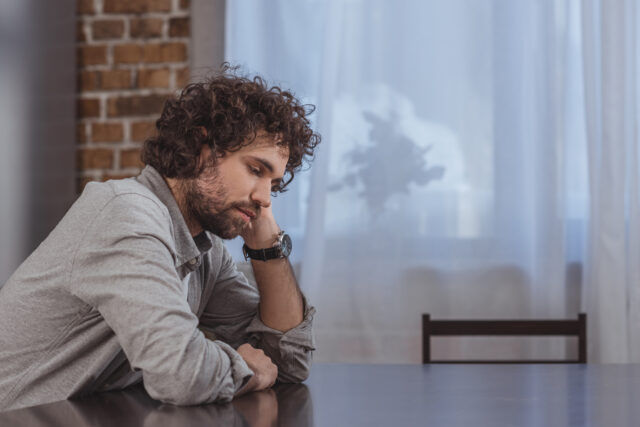
The more we isolate, the more anxious we can become about socialising. If you feel unusually nervous about simple social exchanges, it’s a sign to take action. Practise small talk with shopkeepers or neighbours, and remember that most people are focused on their own concerns and aren’t scrutinising you. Gradually expose yourself to more social situations to build your confidence.
10. You’re overly relying on one person.

While it’s great to have a close friend or partner, relying solely on one person for all your social needs can be a form of isolation. Try to expand your social circle. Reconnect with old friends or make an effort to form new connections. Join a club, volunteer, or take a class to meet people with similar interests. A diverse social network can provide more support and enriching experiences.
11. You’re experiencing physical symptoms.

Isolation can manifest physically through headaches, digestive issues, or a weakened immune system. If you’re experiencing unexplained physical symptoms alongside your isolation, it’s important to see a doctor. They can rule out any underlying health issues and might recommend ways to address the impact of isolation on your physical health.
12. You’re constantly making excuses.

If you find yourself regularly making excuses to avoid social interactions, it’s time to be honest with yourself. Start by acknowledging these excuses for what they are — a defence mechanism. Challenge yourself to face the real reasons behind your reluctance to socialise. Are you afraid of judgement? Feeling insecure? Identifying the root cause can help you address it more effectively.
13. You’re living in a messy environment.
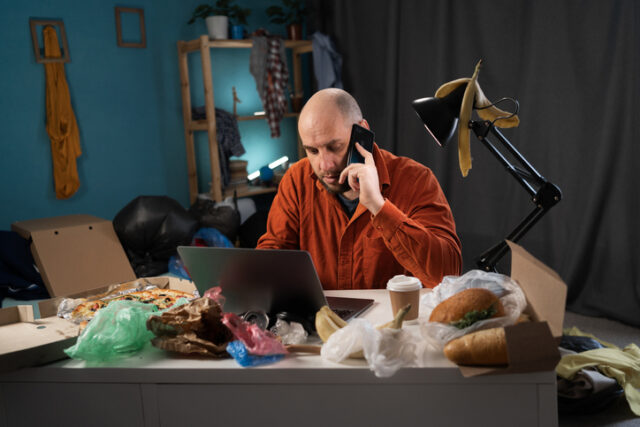
A cluttered or unkempt living space can both reflect and reinforce feelings of isolation. Make an effort to tidy up your environment. Start small by cleaning one area each day. A cleaner space can improve your mood and make you feel more inclined to invite others over. Consider having a friend over for tea once your space feels more welcoming.
14. You’re dismissing your own needs.

When we isolate ourselves, we often neglect our own needs, telling ourselves they’re not important. Start prioritising self-care. This doesn’t have to be elaborate — it could be as simple as preparing a nutritious meal, taking a relaxing bath, or spending time in nature. Recognise that your needs matter. By taking care of yourself, you’ll be in a better position to connect with others.




